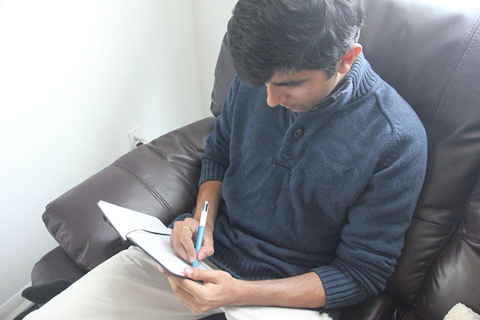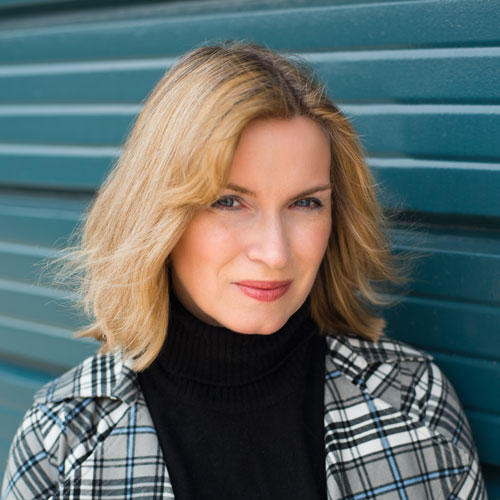Deep Prasad doesn’t see the point of sleep. “For me it’s just a huge waste of time.” So when the rest of us are out cold, Prasad is just warming up. Two a.m. is when the 18-year-old electrical and computer engineering student starts daydreaming: it’s what he calls his “innovation hour,” a time to document his thoughts in his “ideas journal.”
Prasad stresses the importance of old fashioned writing on paper – not typing on an electronic device. He also makes plenty of diagrams. “When you’re in the process of converting your thoughts into mechanical writing or drawing, you start thinking harder about what you’re doing,” he says.
Prasad has compiled over 200 ideas in the last six months. His ritual has so far paid off handsomely: in July, he was awarded second place in the Next Einstein initiative, an ideas contest established in 2013 by the Canadian Friends of Hebrew University in conjunction with the Hebrew University of Jerusalem. In his entry, Prasad outlined a way to generate energy for storage and later use, simply by typing on special computer keyboards.
Prasad first started his journal in Grade 7, but soon lost it and the childhood ideas that it contained: a shame, he says, since one of his childhood ideas (covering windows with invisible photovoltaic cells to generate electricity) is now being made manifest by scientists at MIT. Prasad has many other ideas, and encourages others not only to write theirs down, but to try and realize them too. “Every person has a big idea at one point in their life, right? But so many of us are intimidated by not having the resources to make them happen. If we could overcome that, the world would be 100 times better.”
Recent Posts
U of T’s 197th Birthday Quiz
Test your knowledge of all things U of T in honour of the university’s 197th anniversary on March 15!
Are Cold Plunges Good for You?
Research suggests they are, in three ways
Work Has Changed. So Have the Qualities of Good Leadership
Rapid shifts in everything from technology to employee expectations are pressuring leaders to constantly adapt






